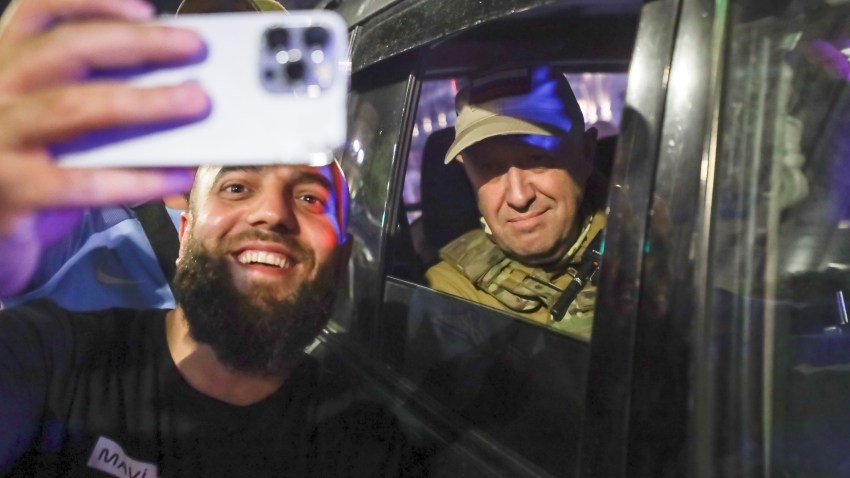When news filtered through in the early hours of June 24 that Yevgeny Prigozhin, head of the Wagner Group, was leading his mercenary troops on a march to Moscow, there was palpable shock among European Union and U.S. officials that such an outlandish scenario was actually unfolding. As Wagner troops rushed toward Russia’s capital, Western officials scrambled to establish whether they had contingency plans in place to respond to a civil conflict in Russia, with particular alarm over the chain of command over the country’s nuclear arsenal.
This panic subsided once Prigozhin struck a deal with President Vladimir Putin and announced that his forces would return to their bases. But the extent to which Western governments were blindsided by a crisis that had been building for months was a reminder of how institutions in the U.K., EU and U.S. struggle to manage geopolitical risk.
Over and over again since the late 2000s, the crisis of the moment has absorbed so much attention among EU and U.S. institutions that they have been unable to generate the necessary focus to anticipate future sources of instability before they escalate. Whether the global financial crisis in 2008; turmoil in the eurozone in 2010; the Arab uprisings in 2011; the Maidan revolt and Russia’s hybrid war on Ukraine in 2014; the height of Syria’s civil war and the migration crisis in 2015; Brexit in 2016; the COVID-19 pandemic in 2020; and finally the full invasion of Ukraine by Russia in 2022—senior EU and U.S. policymakers struggling to manage immediate challenges often missed signals of further chaos ahead, despite all the efforts of junior officials to heighten awareness of such geopolitical risk.

